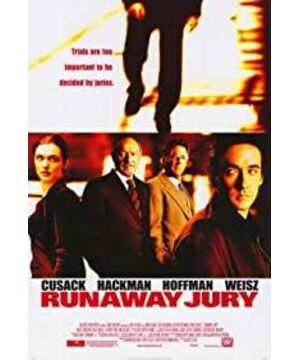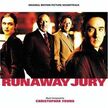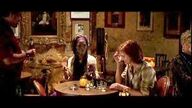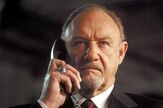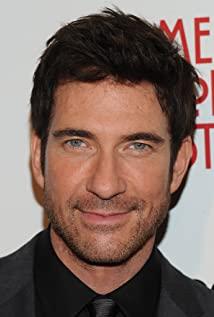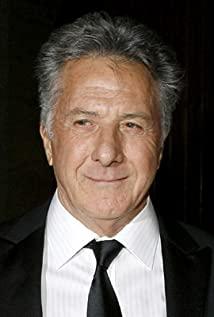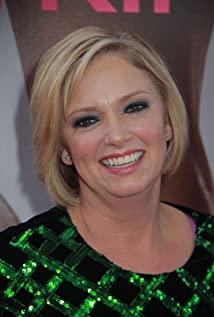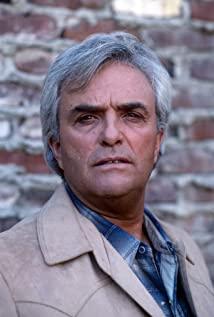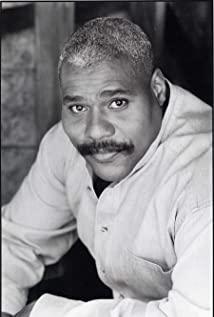The jury system originated in the United Kingdom in the 11th century, and it has made great progress in the United States along with the British travel across oceans. Because case law is an important source of the common law system, citing cases as the basis of defense makes fact determination very specific. Coupled with the American spirit of advocating independence and freedom, not succumbing to authority, and believing in their own judgments, the jury system has become the United States. The unique content of the adjudication system. In Tocqueville's "On American Democracy", it is described as follows: The so-called jury system is to invite several citizens at any time to form a jury and temporarily give them the right to participate in the trial. Speaking of this is an unusually strange group. A group of 12 completely laymen has to decide whether the defendant is guilty, and there is no need to provide any reasons at all. It only needs these 12 people to form a unified opinion. It stands to reason that the question of whether this kind of professional is guilty should naturally be determined by professionals. You can find judges, doctors of law, and law professors to do these tasks, but the jury is just to select those laymen to let ordinary citizens. Have the opportunity to participate in the trial. It can be seen that public participation is an important feature of the jury system. It directly introduces public opinion into the judicial field. The jury is the representative of the public and represents the public opinion to the greatest extent. The characteristic of their adjudication cases is that "everything is taken into account". They will consider factors within and outside the law, justice and injustice, the status of the prosecution and the defense, and even "natural law" factors. Trials are no longer just a matter for legal experts, but a process by which legal experts convince the public through their professional knowledge. It is this process that makes the judgment more persuasive to the public. Public opinion is respected in justice, which is why in the Simpson case, a seemingly unreasonable trial result is still accepted by Americans. In addition to procedural fairness, belief in the jury system is extremely important. Therefore, the judicial credibility embodied by the jury system is its core value. Americans insist on the jury system, so they have their reasons. According to Linda's "Worries in the Deep of History", jurors are the least controlled by anyone. It is always more difficult to bribe 12 jurors who are in isolation than to bribe someone. The jury system is definitely not a perfect system, but there is no better system than it, just like the US Attorney General in Simpson. After the case said: "I have not found any theoretical basis for determining that they (the jury) need to be reformed. We have had a jury for many years. We should be very, very careful when considering changes to this system." In "Out of Control Jury", this system is once again drawn into the whirlpool of controversy. Plaintiff lawyers with integrity and gentleman style, scheming capitalist spokespersons, and a pair of mandarin ducks with unknown origins and purposes have all left and right in it, making the attitude of the court jury, which was originally "in control", become erratic. The "Everyone has secrets" jury is all "people", and people are not sages, can they be faultless? The defense lawyers of gun manufacturers rely on the weaknesses of the masters to win again and again. The jury system shown here is divorced from justice and biased. "Don't believe that lawyers can control everything. The reality is that the jury wins the world." It also puts the law underfoot. And of course the end of this movie is not this. The greedy mandarin ducks dancing on the tip of the knife became the incarnation of justice in the return of revenge. The plaintiff's lawyer who had a righteous heart and a spirit of law finally won the support of the jury with the help of the protagonist because of his choice of faith. All this is so idealistic. . Relying on the heartfelt words and superb emotional intelligence to win the hearts of the people who bought millions of dollars, is this not a victory of human nature? Compared with the rationality and rigor of the law, "Out of Control Jury" shows me a simple justice. Human emotions stand out from the competition, and the balance of justice is finally supported by "conscience." But what is worth thinking about is that the protagonist has a private purpose to join the jury, whether it is good intentions or malicious, after all, he uses his personal speech to influence the views of others, and even threatens the lawyers of both parties. The meaning of the court's existence has always been trampled on. Is the "justice" obtained by lynching with a jury in this way, is it legal and reasonable justice? This is also worthy of reflection.
View more about Runaway Jury reviews


